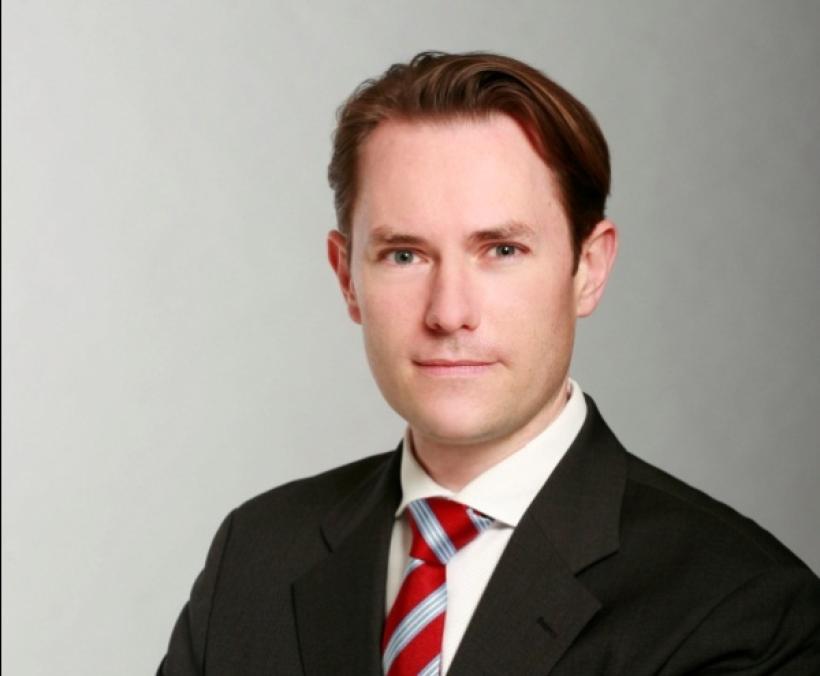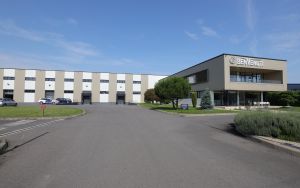Social media put a new deal in the candidate market. The purpose of Facebook is basically not to provide jobs but to connect people together. Facebook although is a fantastic reservoir of potential candidates, even if it is not a database. Social media discloses new opportunities to the recruitment industry and a part of the hidden jobs market was given to recruiters through the candidate network itself. The network remains a major way for candidates to find a job and social media structured and disclosed a part of it and delivered statistics. For sure, social media is an increasing candidate sourcing tool. The technology offers in the same time affiliated tools like apps, alerts etc. What we observe is a change in a new generation of candidates entering the employment market that are using a single way of looking for a job, which is social media. But I don’t think this is the end of the traditional job boards that have been strong developed everywhere in the last 10 years. Recruiters use mostly local network media and some international ones like LinkedIn, which are rather dedicated to professionals.
Time is changing fast regarding technology
Getting the information is easier and faster than before and a culture of immediacy is already quite developed by most of candidates. QR codes is only a tool, it is not bringing a huge revolution the recruitment. What is really changing is that a recruiter is able to target precisely his pool of candidates, directly and personally with a suitable offer. When posting an offer for an IT Director, you send in real time the information to all IT Managers registered in your pool and offer them to move the next career path. It operates in real time, you can generate statistics and for example measure the real will to change of a candidate in monitoring the number of hours spent on recruitment applications. You can save a lot of time as an employee and as a recruiter. However, don’t forget that this is merely a communication tool: in the end the candidate will be interviewed by a recruiter that will make a decision based on the quality of the face-to-face interview. It remains a people`s business.
Are we ready to let people work wherever they want?
Yes and no, this is a contradiction of nowadays` workforce market: more and more companies have developed international matrix organizations and flexible team works, which means that people must principally work closer together in order to deliver effectively, but they are not working close together. The technology facilitates the idea of a virtual office and team members spread out in a country or in the world. Basically it always depends on the sort of job the employee is doing, and his specific role in his company.
In support functions (IT helpdesk, Pay Rolling, Administrative, etc.) there are fewer problems to let people work from wherever they want. In front office function, it is obvious that most of companies don’t ask their sales force to be based near the company premises, for instance. The problem could be with working time, sometimes it is difficult to solve a problem during the day between Romania and Japan. One other point is the real team work, people need to meet and share ideas, feel part of the team and create strong added value. Finally disseminated work force demands coordination, control, follow-up and first and foremost the right personality of the team member. And this is not suitable for every employee. The risk is a lack of recognition; the team spirit leans towards less identification to the company culture, less commitment and less efficiency. Employers still must invest in the right infrastructure but as well in adapted work processes, and that investment is often underestimated.
Retaining top talent, a challenge
Companies have moved away from Employee Administration to develop Human Resources for 20 years now. The candidate employment market in Romania is not really mature and candidates are taking advantages of every possibility given on the market as far as they can. It is the case of most of Eastern Europe countries as well. A candidate will leave his job for a better title, a better company car or a small salary increase; the short term benefit always takes priority over the employee commitment. It is a challenge for an employer to retain people and create concrete short term value added for them as basically HR development is a mid-term strategy. It is for sure not possible to drive a HR strategy only based on employee,s benefit, that is why the development of clear career paths, training, company value, work environment, corporate engagement in non-profit topics, and the brand awareness on the candidate market could make a difference and let the staff think twice before changing.
Fighting the „skills gap”
I can underline one major problem we face in Europe, and this applies for Romania as well. We face for 10 years a shortage of Engineers and IT specialists in every industry and services. But the real challenge in Romania is to keep multilingual talents in the country. I met so much good Romanian candidates abroad that simply wanted to gain an international degree and a professional experience. But after a couple of years, they were not willing to come back in the country afterwards, because the salary remained higher in Western countries. And this is critical as the Romanian economy needs its talents.
For sure companies are trying to find solutions to cover the talent deficit, one of the options being to intensify the use of foreign competencies with hiring candidates from abroad or outsource some specific departments abroad when possible. First of all, companies face hindrances by hiring non EU candidates, but not only because of administrative issues, in fact non-standard recruitment process and the induced delay slow up the whole decision process.
Secondly, there is the culture. On boarding a great talent from abroad doesn’t mean a perfect match. The gap in the way of working in Europe, the local team work and management style are so different that the outcome could be poor and in some cases disastrous. It is emphasized by the fact that the expectations are high after a laborious recruitment process. In any cases, soft skills are the differentiator and the culture shock often miscarries the integration of foreign candidates.
Some employers that are leaving the international candidate sourcing and get back to European options. Female candidates are always more welcome as a parity male/female is promoted in many companies. The best chance for a Romanian candidate is to be part of Europe and have a good reputation on the market. Most of European employers are investing in Romania because of that, the proximity to other EU countries, education and competitive salary level.
Emmanuel Diette is a graduate of the German University, Dipl.-Ing. (Diplom-Ingenieur), has a Master degree in Engineering with a specialisation in Civil Engineering. He has 5 years experience in international project management in several countries in Western Europe, especially in major infrastructure projects. Emmanuel joined the recruitment industry (British company Michael Page International Plc.) in 2000 with developing and managing several specialized recruitment practices and managing techniques in Healthcare, Engineering, Manufacturing, IT, Procurement, Supply Chain, Property, Construction, Finance, Financial Services, Human Resources, Tax and Legal in continental Europe. He joined the Adecco Group in December 2011 to manage the permanent placement operations of the Group in 15 countries, in Eastern Europe and Middle East.







